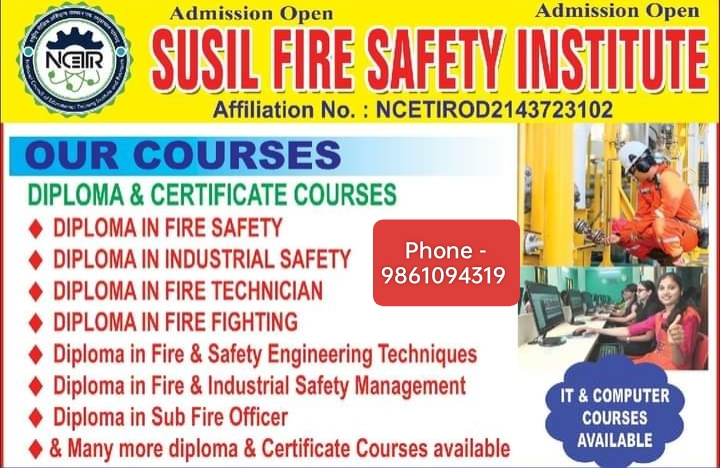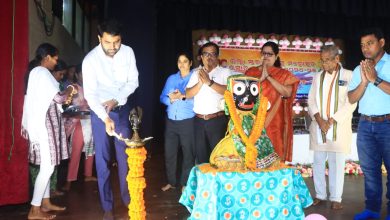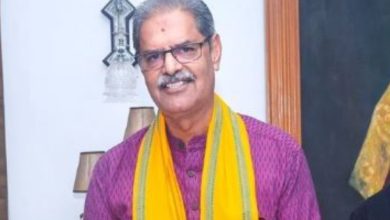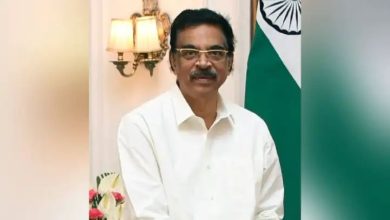JP Nadda highlights India’s achievements for universal healthcare at WHO’s Regional South East Asia Meeting
JP Nadda highlights India's achievements for universal healthcare at WHO's Regional South East Asia Meetin
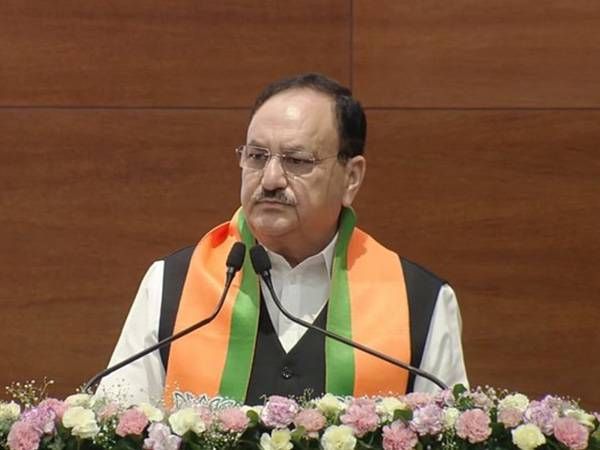
JP Nadda highlights India’s achievements for universal healthcare at WHO’s Regional South East Asia Meeting
New Delhi [India], October 7 : Union Health Minister JP Nadda was elected as the Chairperson of WHO’s 77th Session of the Regional Committee of WHO Southeast Asia Region.
During his inaugural speech, he highlighted the Indian government’s achievements towards universal healthcare access.
The opening session of the Regional Committee meeting saw the election of office bearers, the establishment of a “Drafting Group for Resolutions and decisions”, the adoption of “Special Procedures” to regulate the conduct of the session, and the adoption of the provisional agenda.
Dignitaries from across Southeast Asia were present at the event. Razia Pendse, Chef de Cabinet, WHO Headquarters; Lyonpo Tandin Wangchuk, Minister of Health, Bhutan; and Abdulla Nazim Ibrahim, Minister of Health, Maldives, were among the many leaders present for deliberations, here in New Delhi today.
“Union Government launched the world’s largest publicly funded health assurance scheme, the Ayushman Bharat Pradhan Mantri – Jan Arogya Yojana. This initiative covers over 120 million families, providing an annual hospitalisation benefit of USD 6,000 per family”, Nadda noted in his speech.
He elaborated that India is riding the tide of embracing digital public infrastructure (DPI) to ensure access towards healthcare facilities in the country. Nadda said, “India, as a lighthouse country in the digital health arena, is poised to share its DPIs, such as Ayushman Bharat Digital Mission, e-Sanjeevani, IHIP, and SASHAM, by providing technical and financial support through the Global Initiative on Digital Health – a WHO-managed network, launched during India’s G20 Presidency.”
This effort has seen positive global reception, as in 2022, WHO inaugurated the Global Centre for Traditional Medicine in Jamnagar, Gujarat, India, to promote traditional medicines as a system of treatment for various ailments.
Addressing the session, Saima Wazed, Regional Director, of WHO SEARO, said, “In 1948, when the first Regional Committee for Southeast Asia was formed, the infant mortality rate globally was around 147. Today it is 25.”
“As we conquer old threats, we are faced with new ones. It is upon us to confront the perils of today, with the collective wisdom of all who came before usand with the tools of the 21st century, she added.
The meeting, spread over three days will see deliberations on coming up with solutions that shape the future of equitable health access in the member states.
